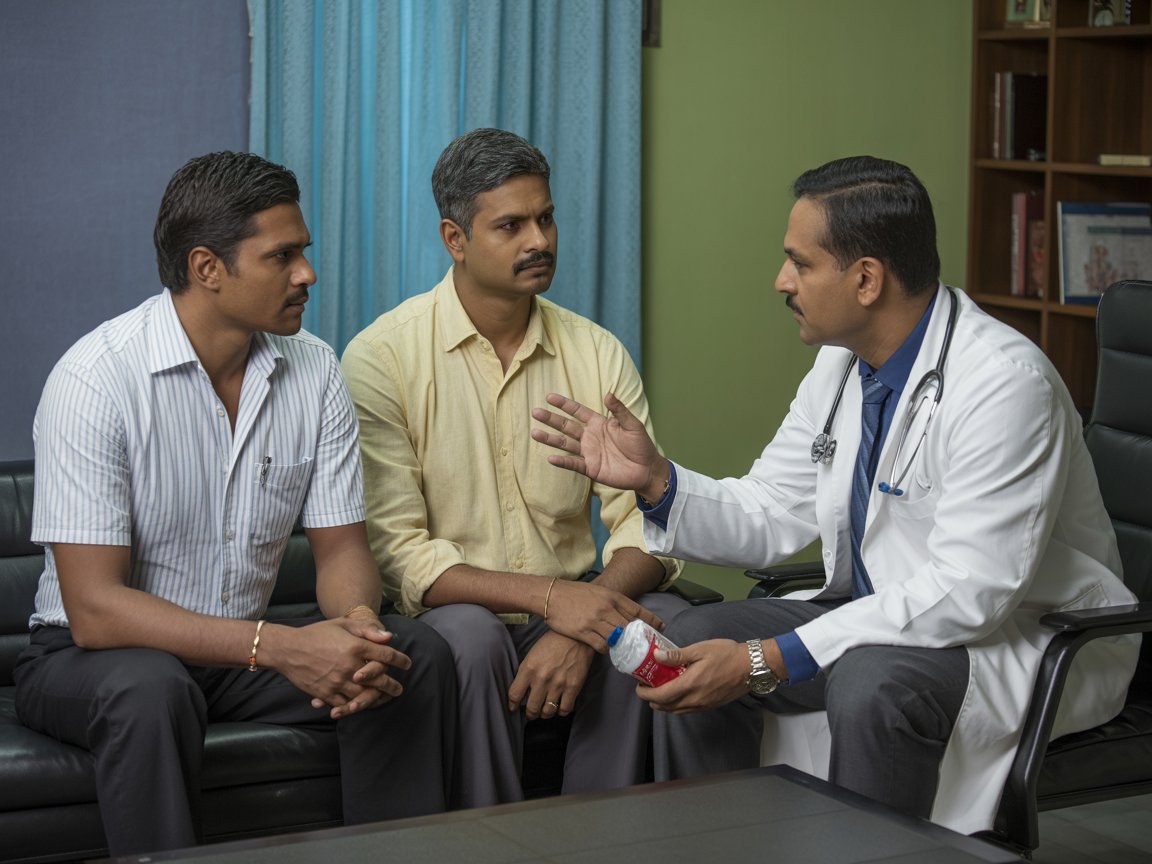She was just nine. A child with Down syndrome, but more than that, the brightest presence in her family. Friendly to everyone. Loud in the best way. The one who waved at every nurse and lit up every hallway. Her younger sibling was quieter; she was the life.
About three months earlier, her parents had noticed something odd. She was walking slower, stumbling more. There was weakness in her legs. But she still played, still laughed, and remained her cheerful self. They didn’t panic. They took her to a nearby hospital, where she was given medicines and symptomatic treatment. But the weakness didn’t go away.
Then, one night, she collapsed. She became pale, motionless, and then bluish. Unconscious. Her heart rate dropped. Her parents rushed her to the nearest hospital. CPR was started. She was intubated and ventilated. Imaging revealed atlanto-axial dislocation, a spinal complication seen in some children with Down syndrome. Her cervical vertebrae had shifted, compressing the spinal cord. It was likely the cause of her leg weakness all along.
After initial stabilization, she was referred to our hospital for surgical intervention. I was posted in the pediatric ward for some days when she arrived under our care. The neurosurgery team was called. The pediatric ICU was already involved. The plan was clear: stabilize her blood pressure, control the pneumonia, and then proceed with surgery.
Her parents and her uncle stood out immediately. Composed, cooperative, deeply devoted to their child. They understood the situation. They were willing to do whatever it took. The entire treating team, pediatrics, neurosurgery, and critical care, had ongoing, detailed conversations with them. The goal was shared. We all wanted her to pull through.
But the days that followed were unforgiving. Her blood pressure remained low. She developed ventilator-associated pneumonia and later, sepsis. She was too unstable to operate. The planned surgery window never materialized. And eventually, she succumbed to complications.
What remains with me most is not just the clinical course, but the grace of her family. In our line of work, we’ve seen the other side, too: families who distance themselves when a child is diagnosed with a chronic illness. Some struggle to cope, some simply disappear. We’ve seen children with disabilities left in hospitals, and visits growing fewer over time. But these parents were different. They were present, involved, and unwavering. They never saw her as a burden, only as their child, worthy of every fight, every effort, every moment. Even in their deepest grief, they stood with poise.
That evening, I remember it vividly. I was walking back to the ward after my evening clinic. An ambulance was waiting outside. The parents were there, quietly carrying her mortal remains. The uncle approached me and said, with such sincerity:
“Thank you, doctor. Please thank your whole team. You all really tried.”
In an age when doctors are often blamed for what’s beyond their control, this family stood apart. Their trust, even in tragedy, was something I’ll never forget. I had shared my number with them, a rare exception for me. I usually avoid it, knowing how often doctors are contacted at odd hours for trivial concerns. But this time, I didn’t hesitate.
Weeks later, the uncle reached out again. He was worried. The parents had grown quiet. Withdrawn. Likely slipping into depression. I suggested a psychiatry consultation. I told him gently that time may not heal everything, but it can soften the pain.
We’re still in touch. She may not have survived. But she left a mark on me, on our team, on everyone who cared for her.
Join Our Google Group
Join our google group and never miss an update from Gene Commons.
Join Google Group





Reading this new case, I got the impression that it was unfolding in two levels. One regarding the family and how stoically they were facing the situation but on the other hand Dr Sarath himself was getting involved, to some extent, on another level. Evaluating a patient is the norm but also keeping a watchful eye on the parents is the new learning for me. This is what makes Dr Sarath so outstanding.
Dr Sarath has brought out the difference between a good doctor and a Great Doctor.